Fox News Flash top headlines for August 26
Fox News Flash top headlines are here. Check out what's clicking on Foxnews.com.
WARNING: This story contains graphic content.
Rasha Pecoraro and Yvette Gentile are hoping to heal after their family has been plagued with tragedy for decades.
Over the summer, the sisters launched a weekly podcast titled "Facing Evil," where they share true-crime stories while delving into topics of wellness after enduring trauma. They previously teamed up in 2019 for "Root of Evil," a podcast that explored their dark family history involving The Black Dahlia, one of the most infamous unsolved cases in America.
"We’re not true crime – we’re our mother’s daughters," Pecoraro told Fox News Digital. "We wanted to lift people up and hopefully help them move forward and not remain as victims. We wanted to use our voices to tell the stories that don’t often get told, especially in the true crime genre."
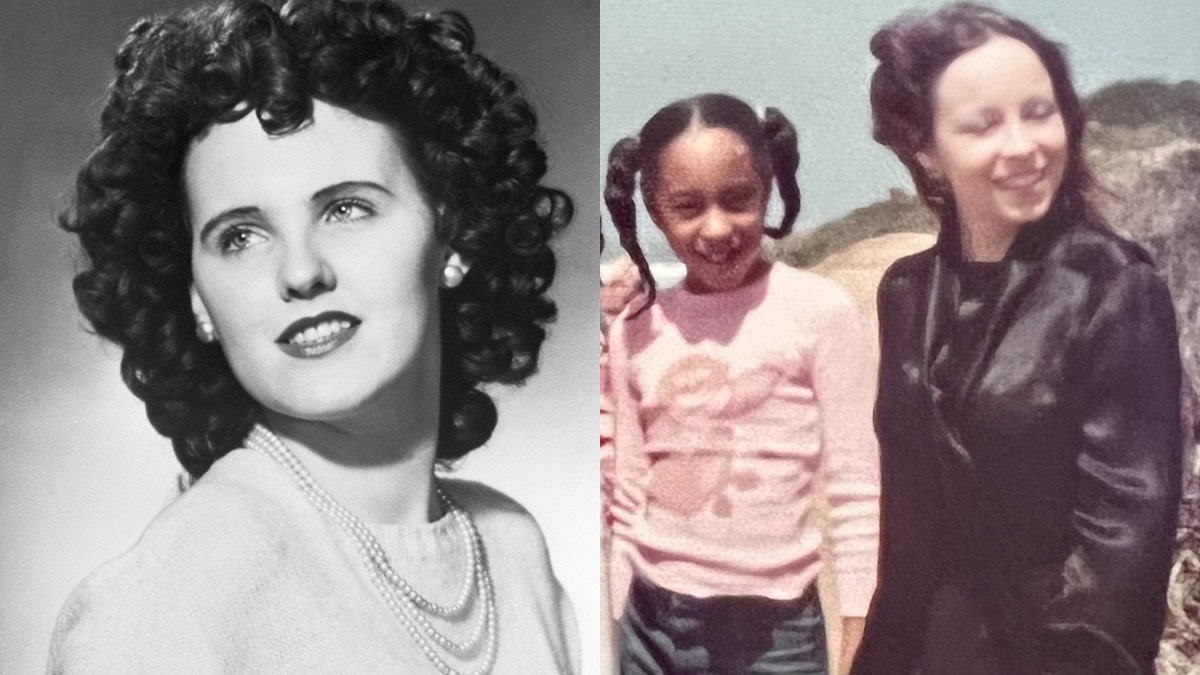
The daughters of Fauna Hodel (right, pictured with a young Yvette Gentile) have spoken out about how their family is tied to Elizabeth Short (left), known as "The Black Dahlia." (Getty/Yvette Gentile and Rasha Pecoraro)
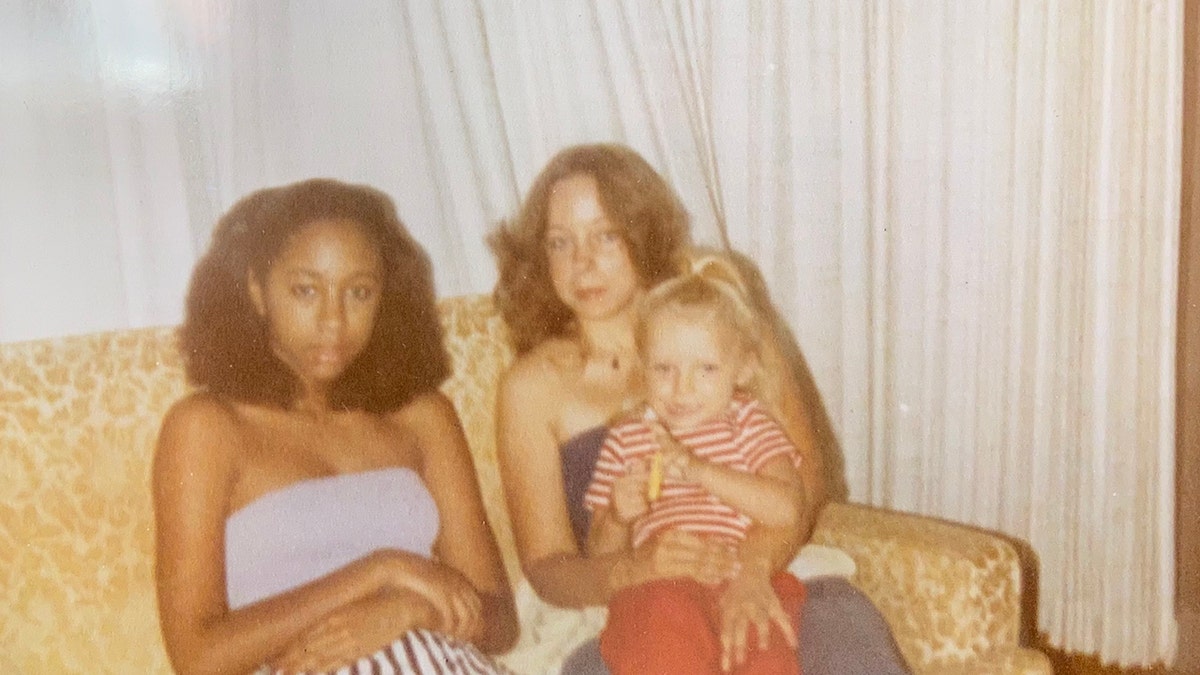
Fauna Hodel wanted her story of uncovering family secrets - and how she coped - to be told. (Yvette Gentile and Rasha Pecoraro)
"We’ve got thrown into this arena because we come from this wild story – our mother’s story," Gentile shared. "But at the heart of it, this is a story about family secrets and the things that families go through, especially when there’s trauma. And generational trauma is a real thing. We know it from our family alone. But we wanted to focus on the victims because people aren’t born victims. These traumatic scenarios happened to them."
"But then there’s the aftermath of the families left behind," she continued. "And that trauma goes on for generations. Speaking about mental health, hope and healing is our primary message. We’re telling crime stories, but we’re also telling them so that people, the families, can overcome and heal."
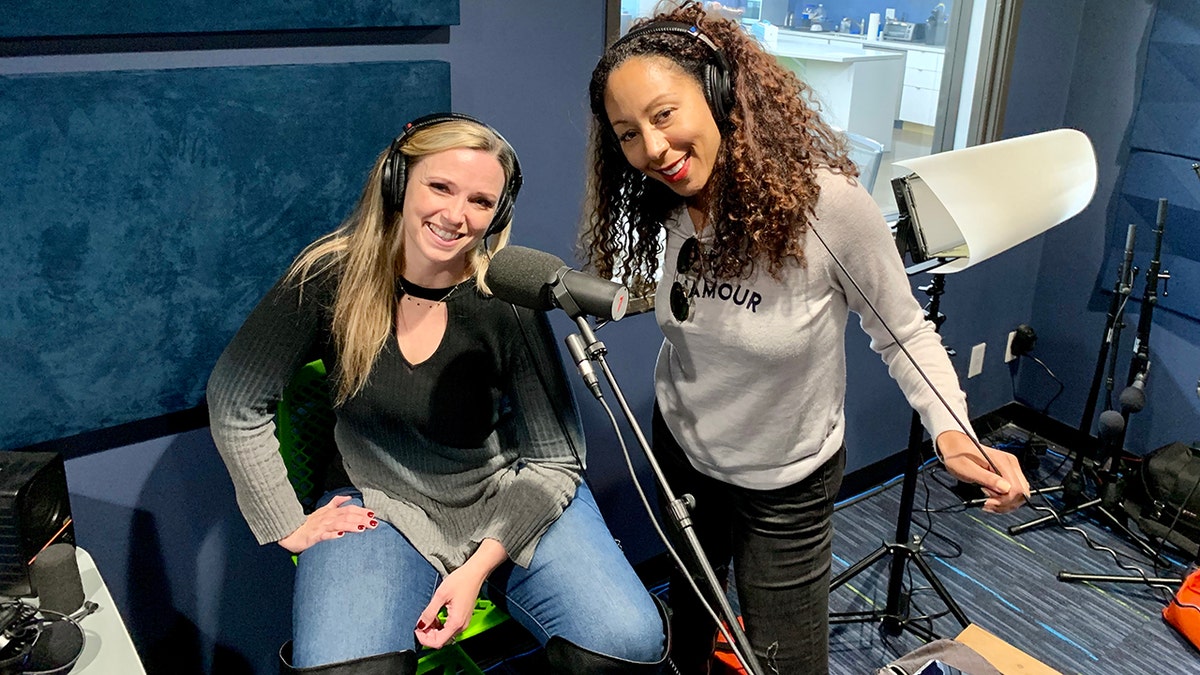
After their popular podcast "Root of Evil" in 2019, sisters Yvette Gentile (right) and Rasha Pecoraro have teamed up once more for "Facing Evil." (Yvette Gentile and Rasha Pecoraro)
The women are the daughters of Fauna Hodel, who was born in 1951 in San Francisco, California, to a teenage Tamar Hodel. She was given up for adoption to an African American family and raised in Reno, Nevada.
Throughout her life, Fauna, who believed she was biracial, endured hardship and was determined to learn her real identity. It wouldn’t be until the ‘70s when Fauna found her birth mother in Honolulu, Hawaii. The matriarch then revealed to her daughter that her grandfather, infamous Los Angeles gynecologist Dr. George Hodel, was accused of murdering Elizabeth Short, who was nicknamed "The Black Dahlia" after a 1946 film noir.
In 1947, Short's naked corpse was found in a vacant lot. The 22-year-old was scrubbed, cut in half and drained of blood. The hopeful New Englander was viciously mutilated and a joker’s smile was slashed on her face. Short’s rose tattoo was also carved out of her thigh. The coroner determined Short died of hemorrhage and shock from a concussion and facial lacerations.
RETIRED LAPD DETECTIVE THINKS HIS FATHER KILLED THE BLACK DAHLIA
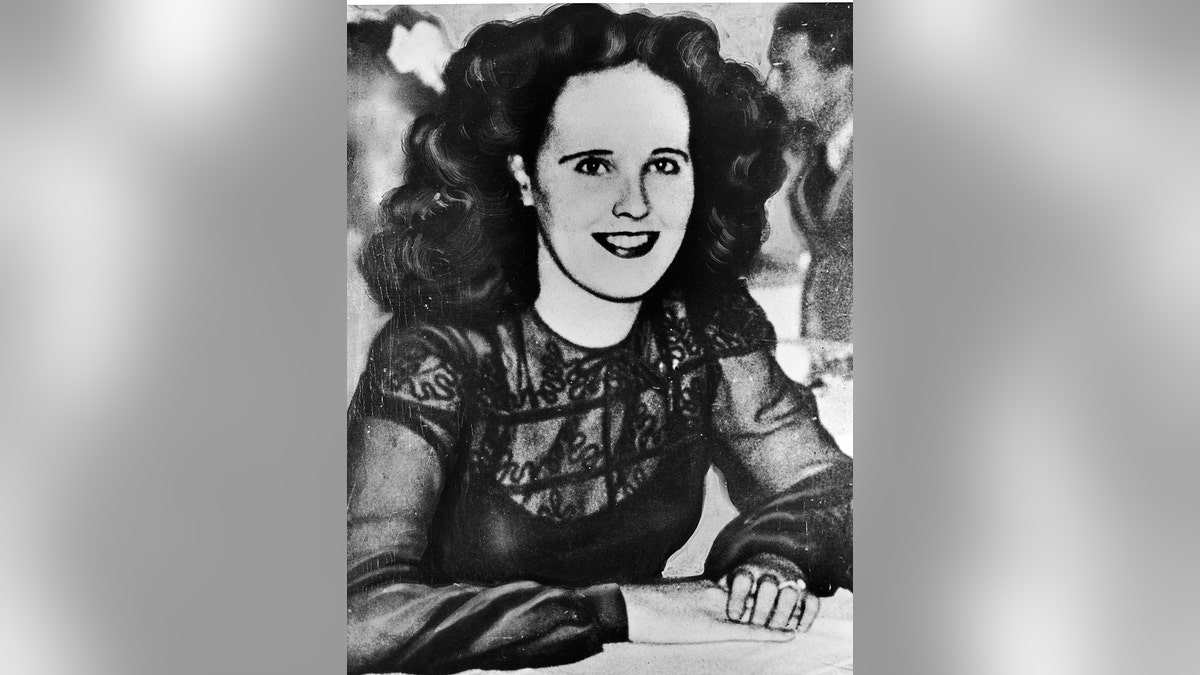
Elizabeth Short was viciously murdered in 1947 at age 22. (Photo by INTERNATIONAL NEWS PHOTO/Getty Images)
Short’s death became the subject of a 2006 film directed by Brian De Palma starring Scarlett Johansson and Hilary Swank. It also inspired the FX series "American Horror Story" in 2011, with actress Mena Suvari portraying the late Short.
In 2019, TNT premiered the limited series "I Am the Night," which was inspired by Fauna’s life.
India Eisley, who played Fauna, spoke with Pecoraro and Gentile in preparation for the role. Executive producer Patty Jenkins remained close with Fauna until her death in 2017 at age 66.
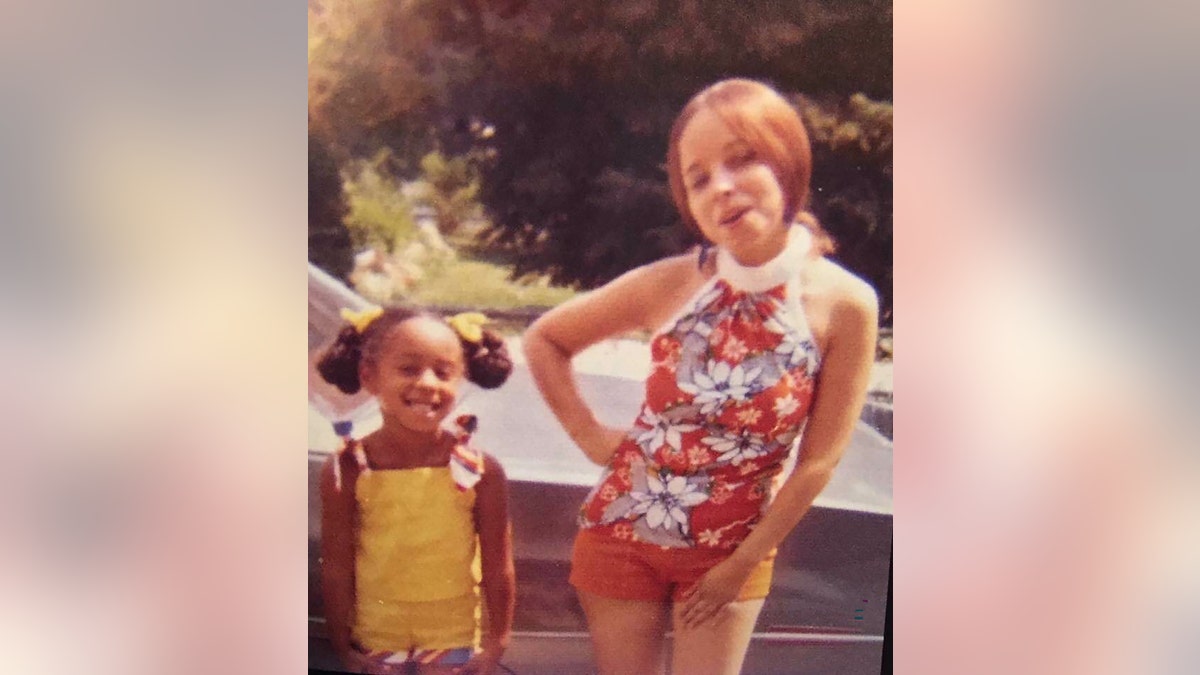
Fauna Hodel previously wrote a book titled "One Day She'll Darken: The Mysterious Beginnings of Fauna Hodel." (Yvette Gentile and Rasha Pecoraro)
Steve Hodel, a retired LAPD detective, previously told Fox News Digital he believed his father, George, was Short’s killer. He once told People magazine his father dated Short at one point and was allegedly motivated by jealousy.
Hodel has written several books about his findings. Two years before Fauna was born, Tamar accused her father of molesting her. While George was arrested and brought to court, the physician was acquitted, the Los Angeles Times reported.
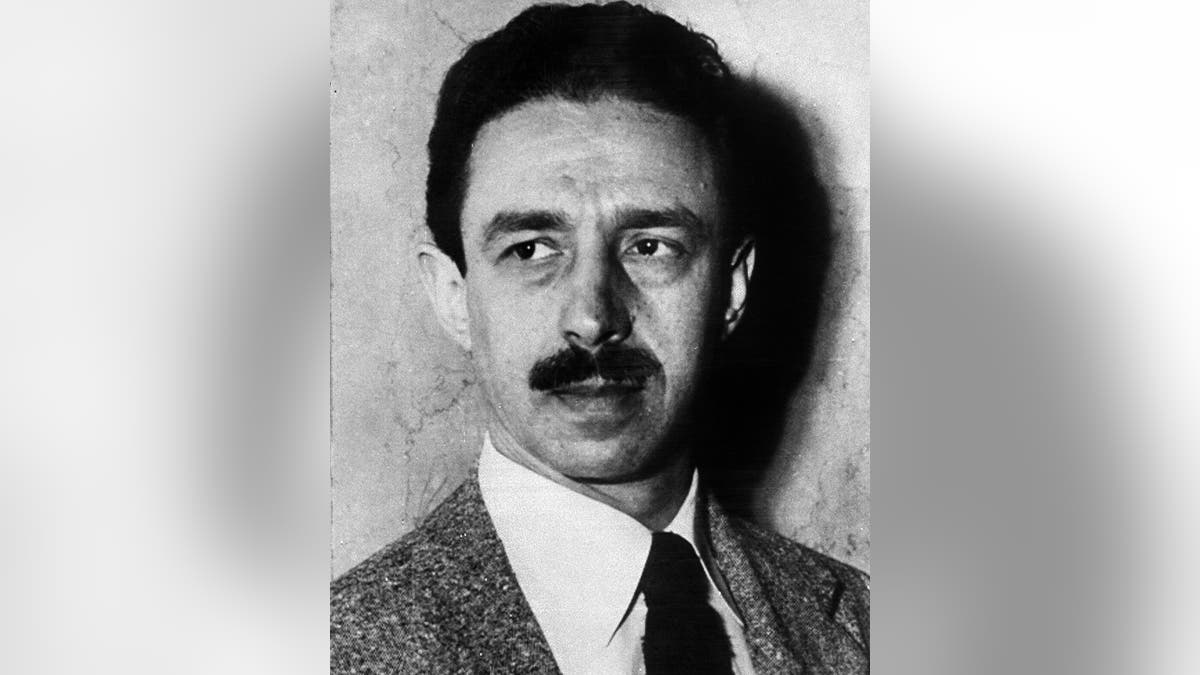
Dr. George Hill Hodel was accused of murdering Elizabeth Short. (Photo By: NY Daily News via Getty Images)
Tamar passed away in 2015 at age 80. George died in 1999 at age 91.
George was under suspicion of killing Short but was never charged in connection with the murder. The case remains unsolved. Before her death, Fauna wrote a memoir titled "One Day She’ll Darken," which inspired "I Am the Night."
RETIRED LAPD DETECTIVE CLAIMS UNEARTHED LETTER LINKS HIS FATHER TO BLACK DAHLIA SLAYING
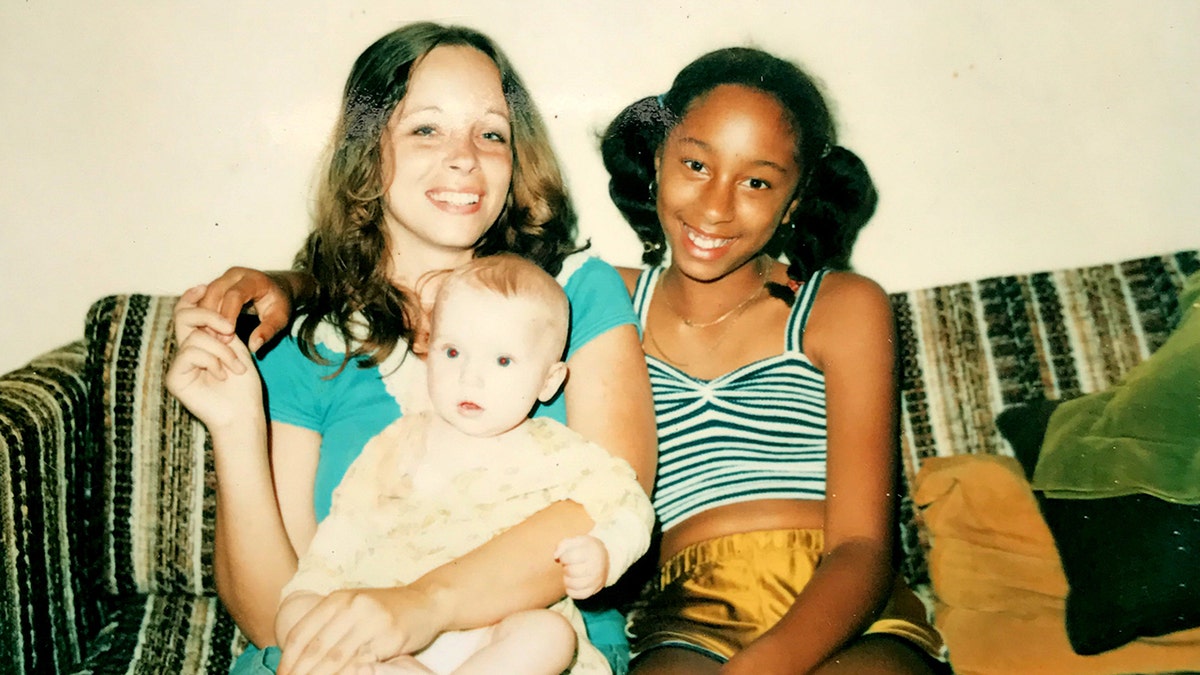
Fauna Hodel's (seen here with her daughters) connection to Dr. George Hodel, who was accused of killing Elizabeth Short, was the subject of a limited TV series titled ‘I Am the Night’. (Yvette Gentile and Rasha Pecoraro)
"Our mother stood in her faith as she made all these revelations," Gentile explained. "She always found a way to overcome. She also loved hearing other people’s stories of overcoming. I think that gave her the courage to move through her life."
According to the women, while Fauna suspected that she was a product of incest, a DNA test ultimately determined that she wasn’t. The identity of her biological father is unknown.
Gentile noted that her mother had compassion for Short and never referred to her as "The Black Dahlia."
"For our mom, it was always about the victim," she said. "And I supposed that’s what Rasha and I are doing with this podcast. We’re addressing the victims. Who they were, what their light was in the world before they were taken so soon. My mom always focused on finding the light in the darkness."
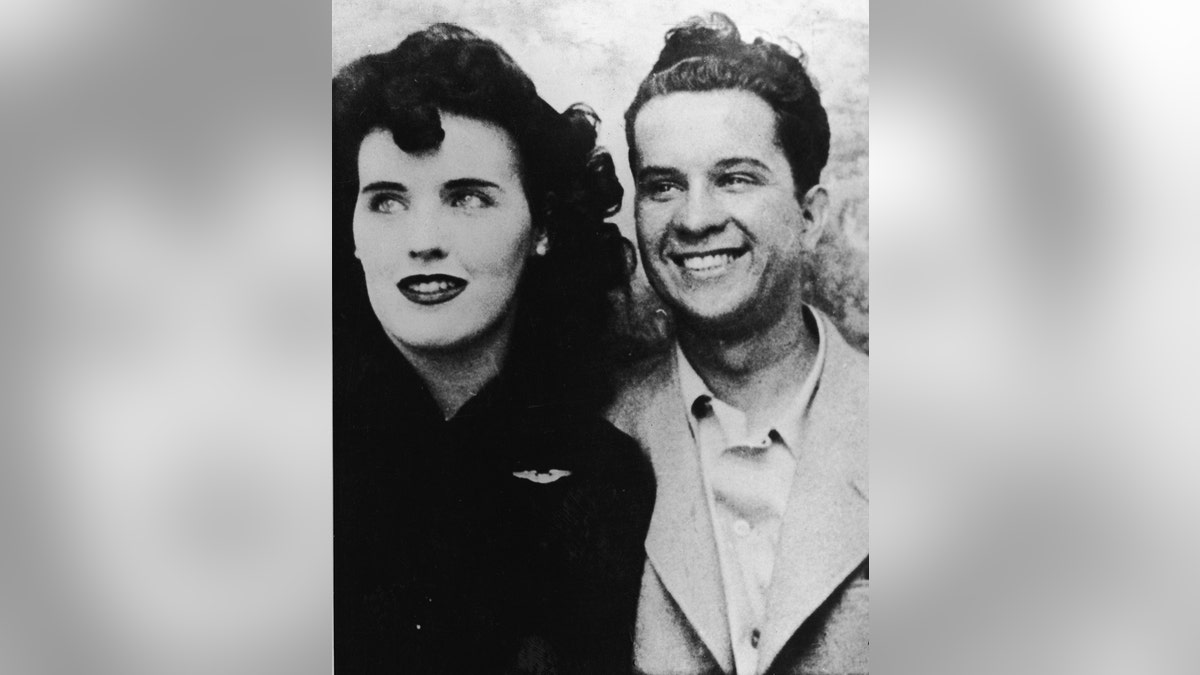
Yvette Gentile and Rasha Pecoraro said their mother Fauna Hodel had ‘compassion’ for Elizabeth Short and didn't refer to her as ‘The Black Dahlia’. (Photo by INTERNATIONAL NEWS PHOTO/AFP/Getty Images)
"All the key players are no longer on this Earth," Pecoraro reflected. "I don’t know if we’re ever going to find the answer of who [killed Short]. I think all we can do now is share our truth. We would love to know for certain that George Hodel didn’t do it. I think mom felt George was responsible for Elizabeth’s death. But we may never know for certain."
Gentile said she’s aware critics may scrutinize the women for airing out so-called dirty laundry, for even discussing a heinous crime that occurred 75 years ago. She said they’d heard it all. And growing up in California, it’s hard not to learn about Short’s tragic murder.
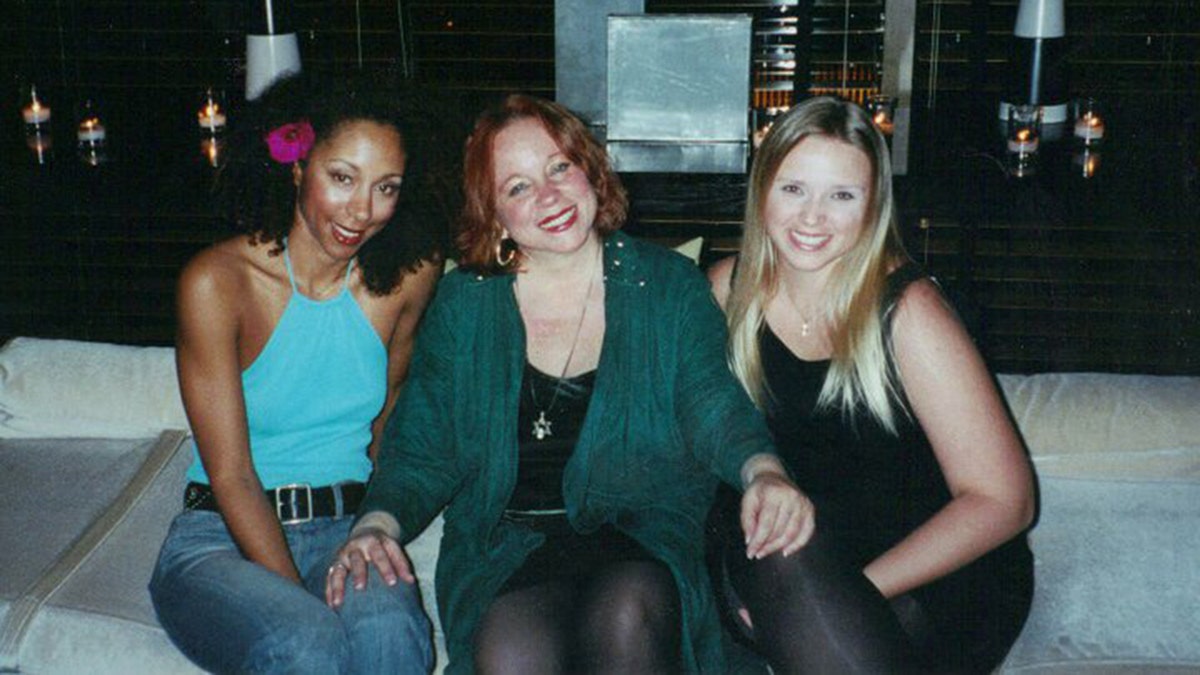
Fauna Hodel (center) passed away in 2017 at age 66 from breast cancer. (Yvette Gentile and Rasha Pecoraro)
"My mother wanted to share her story," she said. "It healed her. It brought her peace. It started with that. As she learned about the trauma that it had on the family, she wanted to show that you can find peace in sharing your truth. If she were here, she would tell you that herself. We’re her legacy, and we’re going to carry out that message. And she firmly believed there was more good than evil in this world."
"… If you look deep enough into any family, you will find some secrets," she continued. "I don’t think we are any different. I just think that we happened to share our story with the world. But every family has dark secrets. It just depends on how you want to move forward with them. Some choose not to talk about it, and that’s their right. And then others will want to speak out and help others."
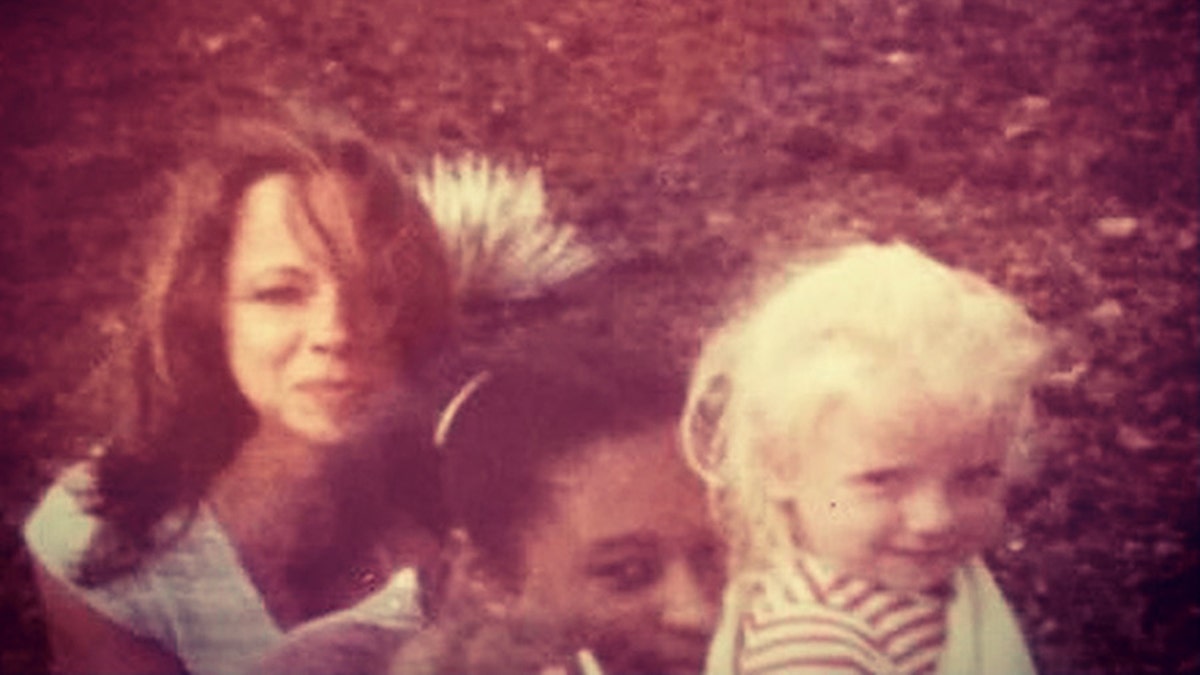
Fauna Hodel (left) seen here at age 30 with Yvette Gentile age 14 (center) and Rasha Pecoraro age 3 in Maui, circa 1981. (Yvette Gentile and Rasha Pecoraro)
Pecoraro said she hoped the podcast will shed new light on her mother’s life and show listeners that no matter their circumstances, speaking out is the first step to finding a sense of peace after tragedy.
CLICK HERE TO GET THE FOX NEWS APP
"Our mom was very open with us," she said. "… I think she would be so proud of us continuing to tell her story, as well as the stories of so many others."
If you or someone you know is suffering from abuse, please contact the National Sexual Assault Hotline at 1-800-656-4673.










































